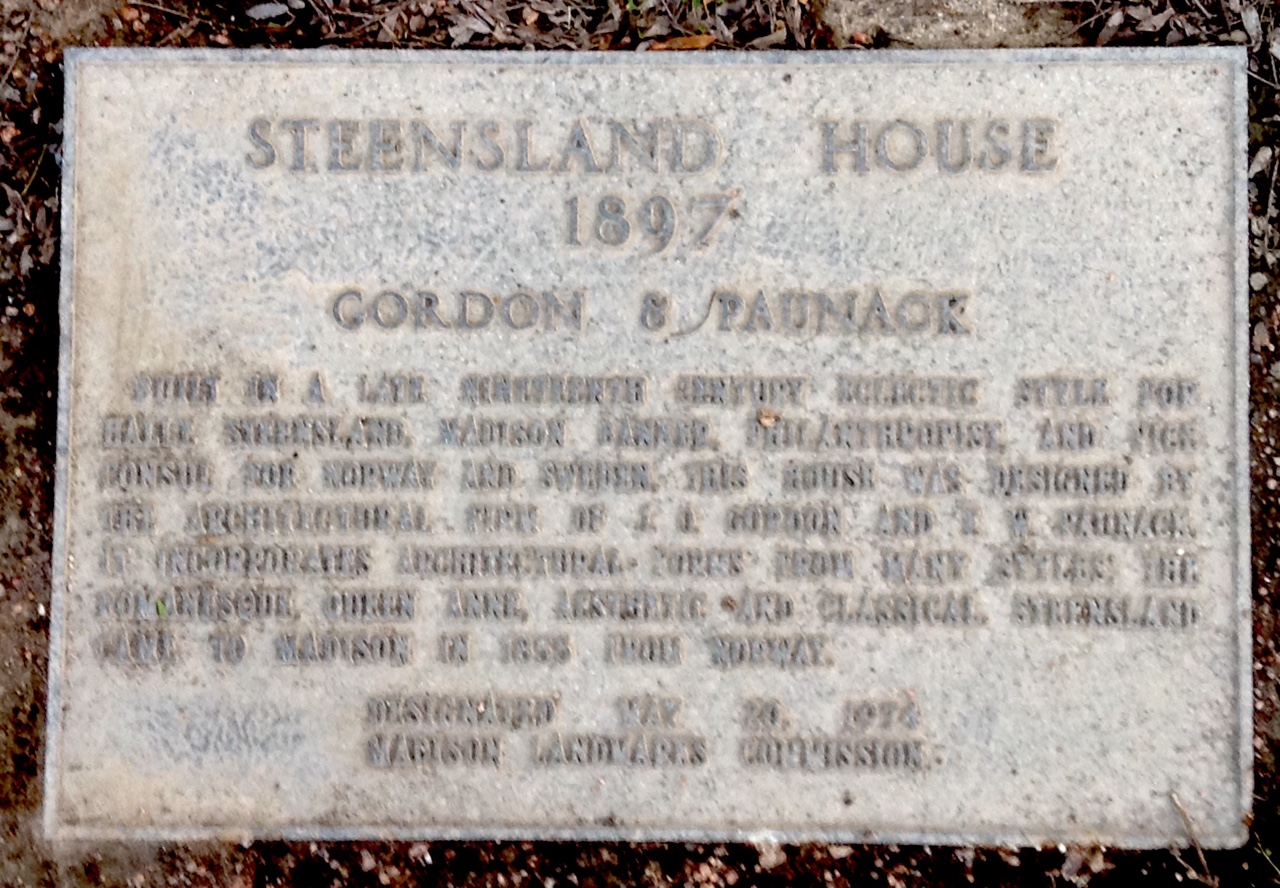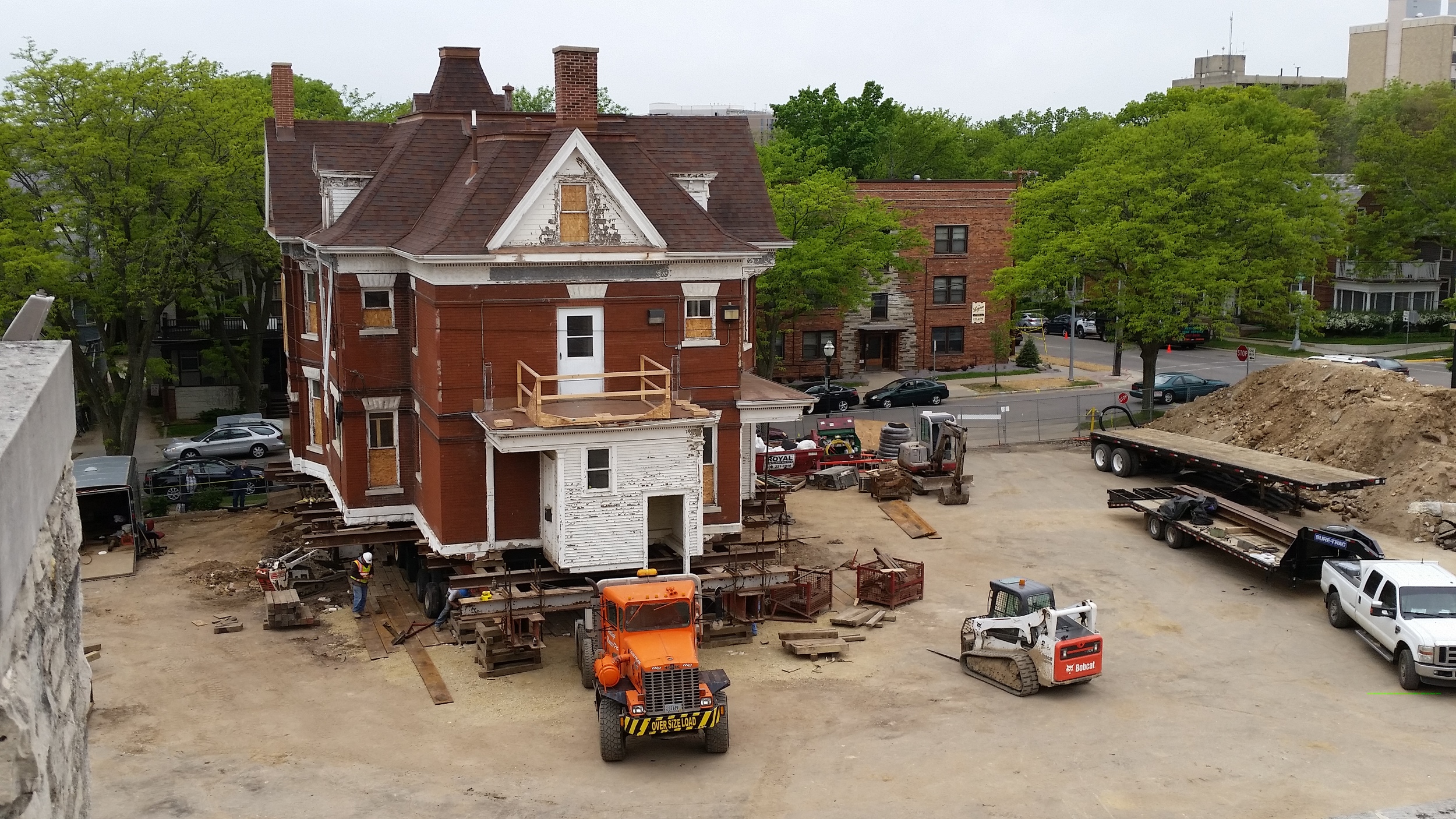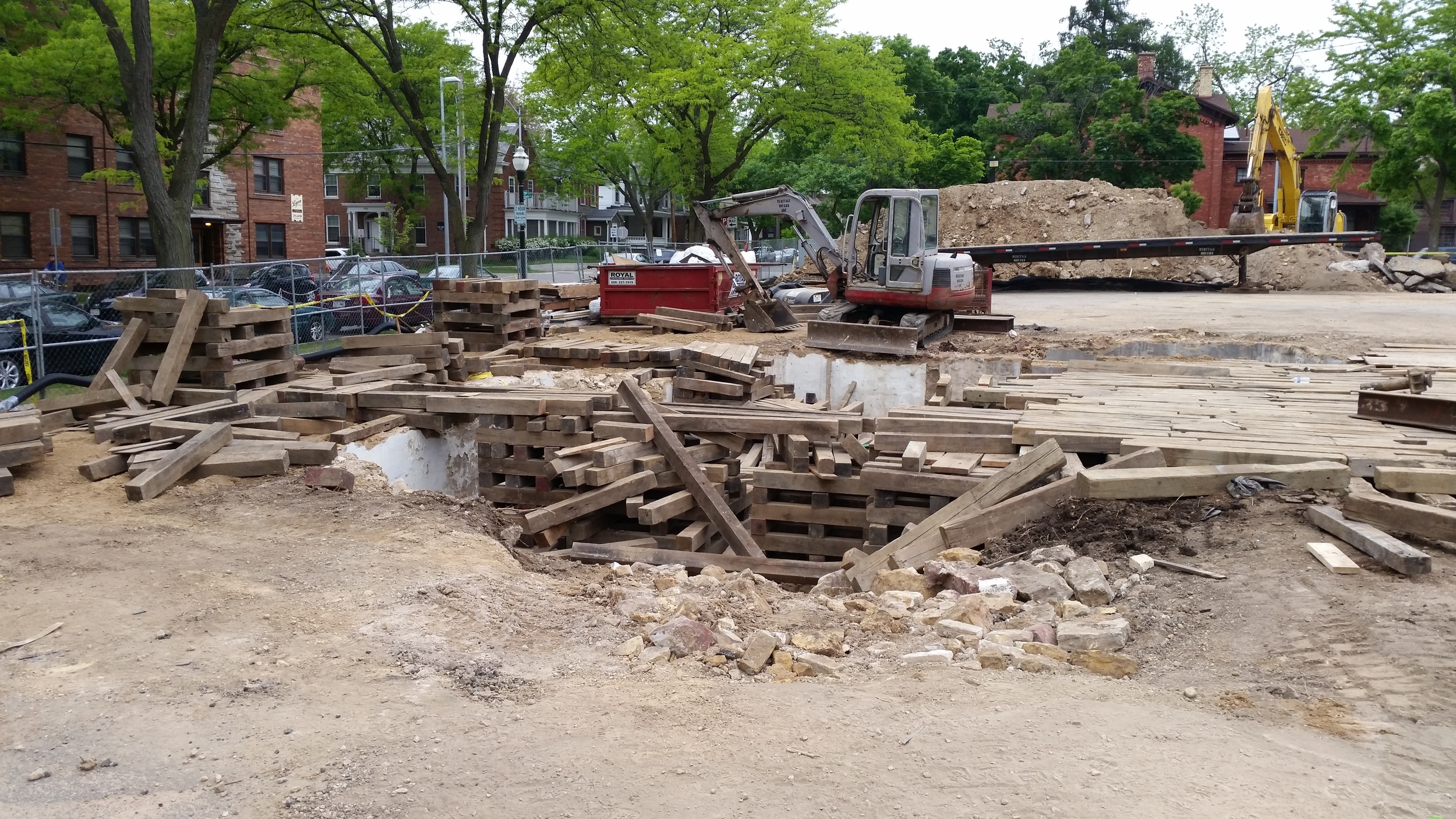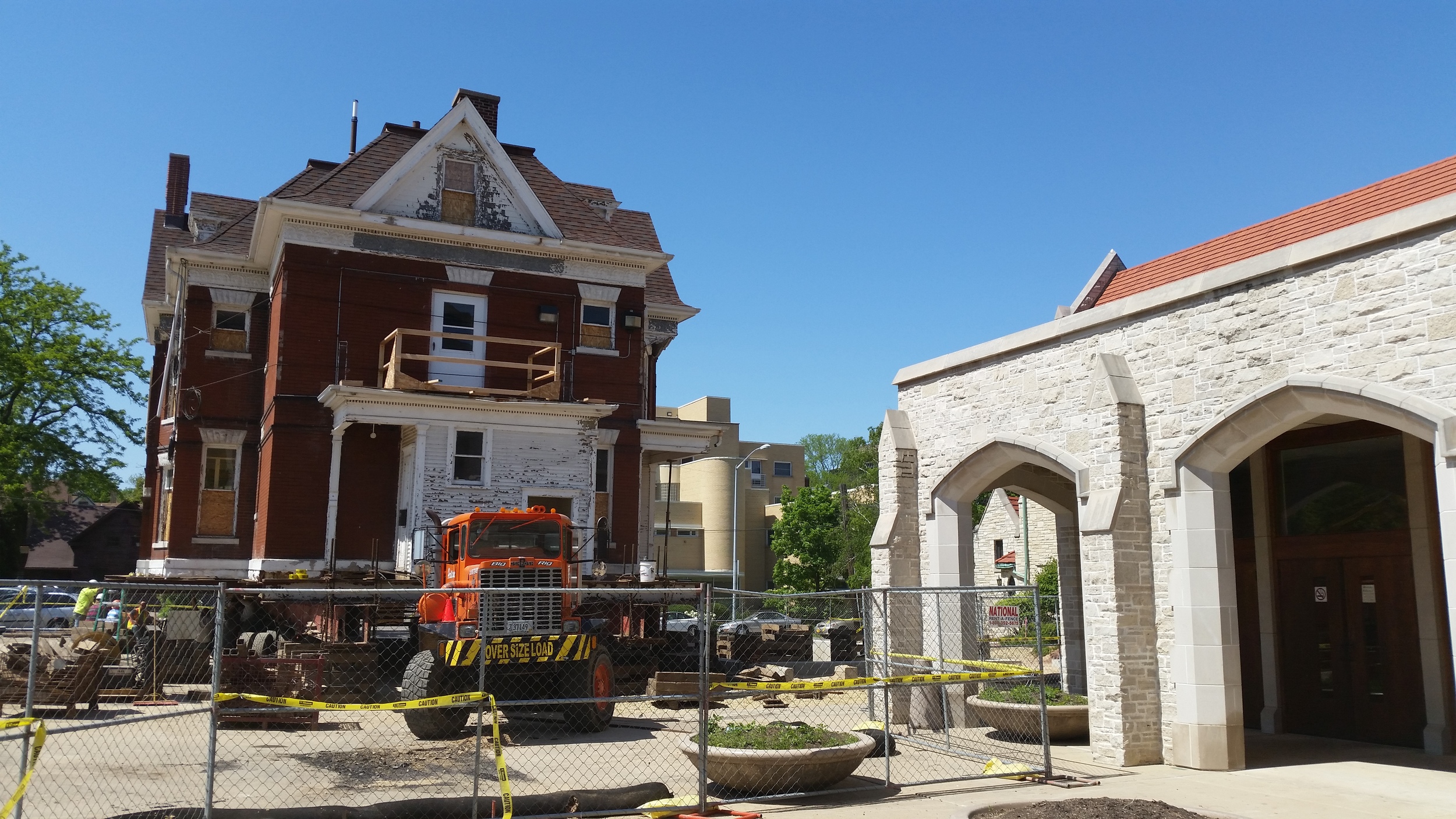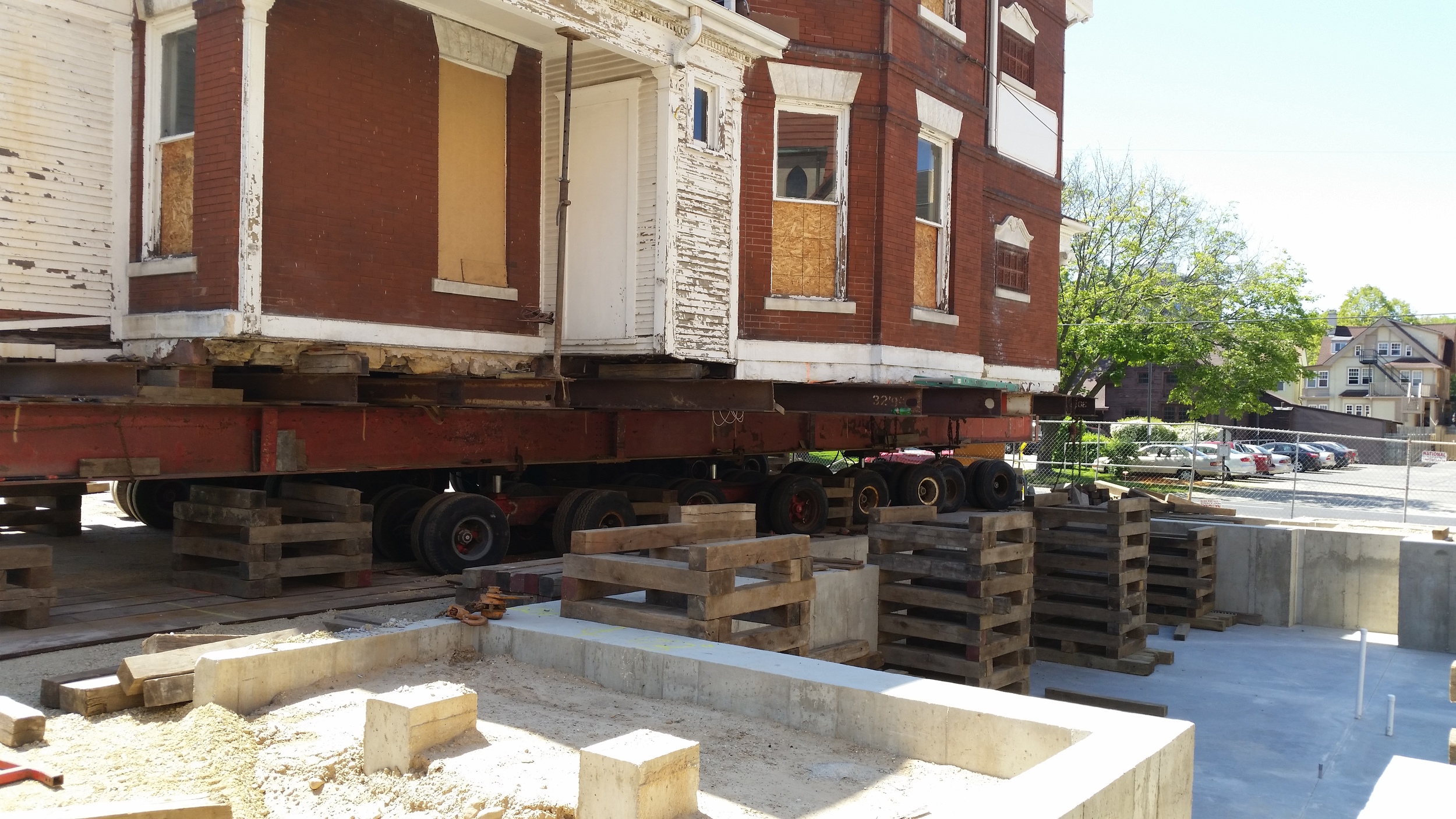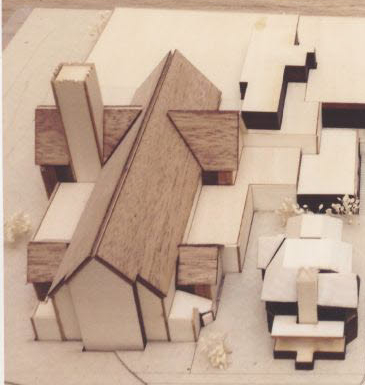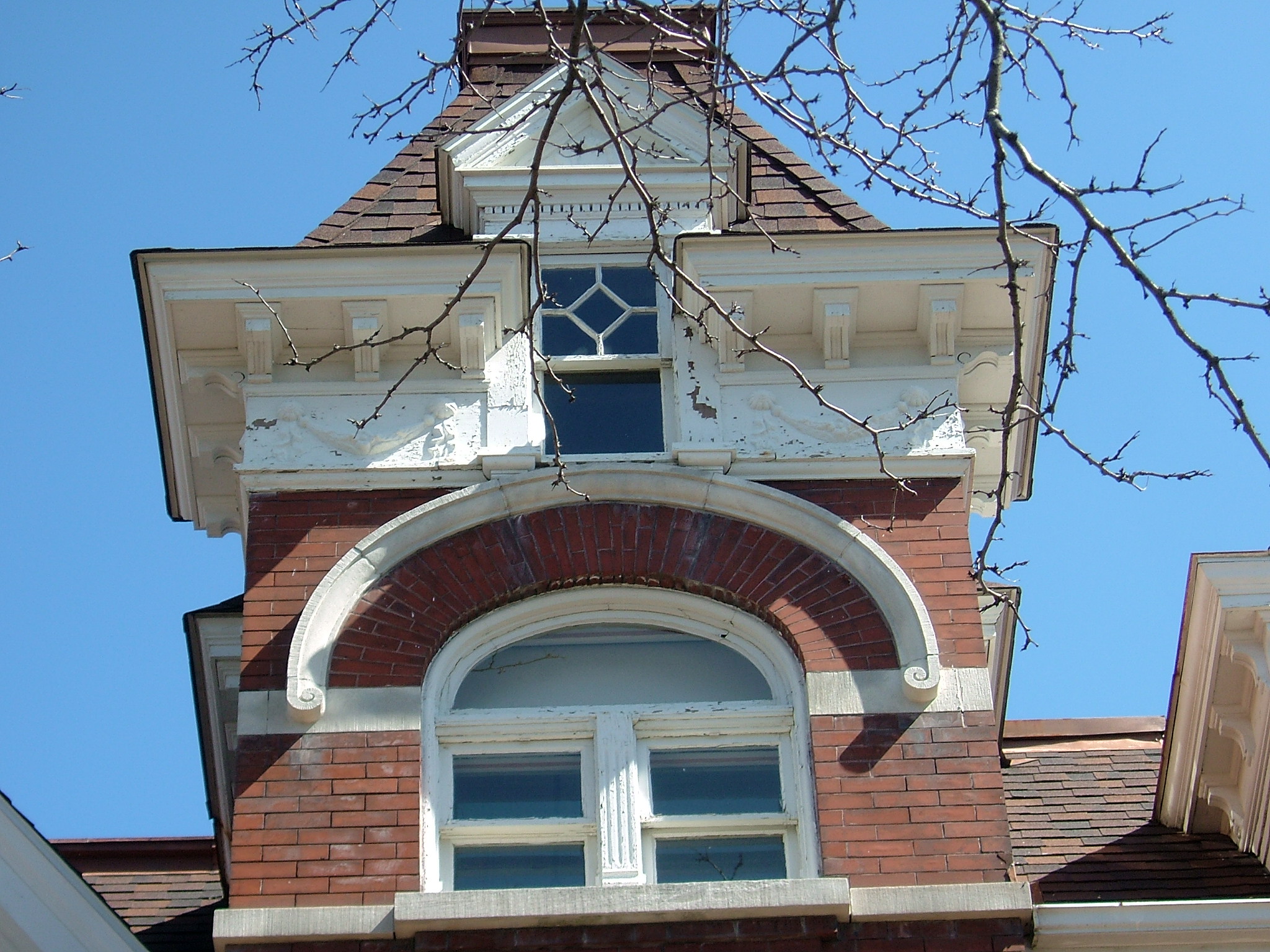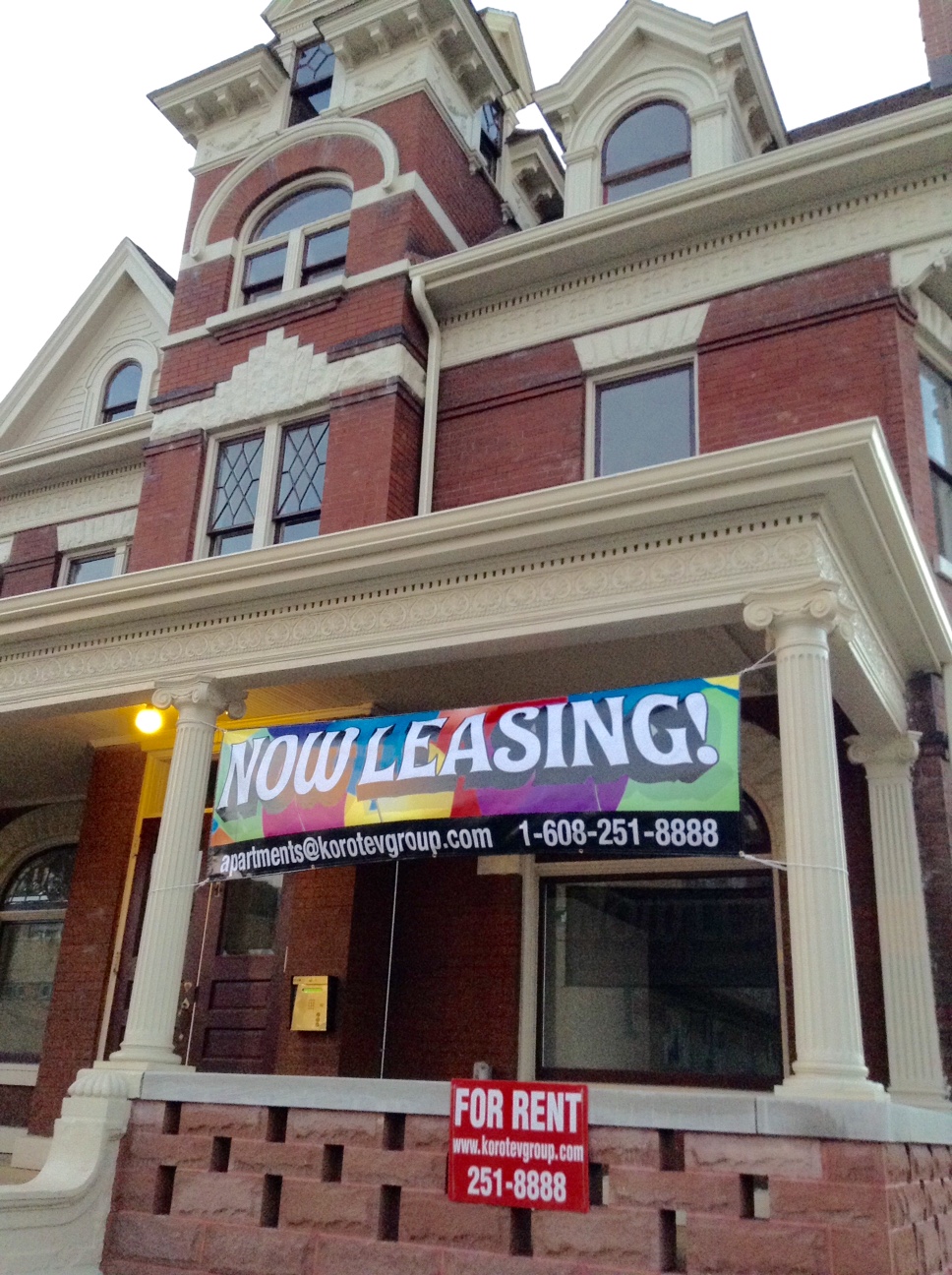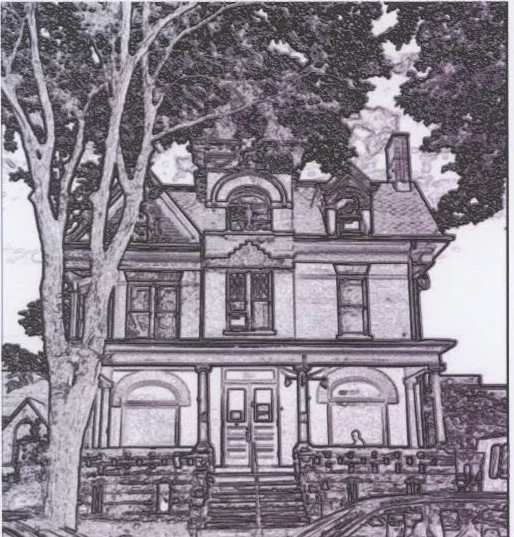Halle Steensland was a classic example of a Horatio Alger hero who came as a penniless immigrant, became wealthy and worked tirelessly as a leader for city development, the Lutheran Church, the Norwegian Community, and humanitarian causes. His house was a gathering place for his allies in their many benevolent ventures.
Devoted Churchman: Few know the scope of Halle Steensland’s contributions to Bethel’s predecessor, the Madison Evangelical Lutheran Church. Mr. Steensland was an organizer of Bethel’s predecessor and an active and loyal member of the church for 55 years—from the year he moved to Madison in 1855 until he died in 1910. He gave St. Olaf College (Northfield, MN) a grant to build a library, today known as Steensland Hall. At the time it was the largest gift the college had ever received. In his will he established trust funds to be used by the United Norwegian Lutheran Church for a wide variety of charitable and educational projects.
Civic Leader: Madison might not be the same city without Mr. Steensland’s leadership and crucial financial contributions. In his mid-seventies he ran for and won two terms on the Madison Common Council representing what is today the Mansion Hill Neighborhood. He was instrumental in creating Madison’s extraordinary park system. Today, Madison boasts 6,000 acres of parkland, but when Steensland joined the City’s parks board, Madison didn’t even accept the need for public parks. When he died, he was the longest serving member of the parks board.
In 1905 when the City needed to replace an ugly narrow steel bridge over the Yahara River at East Washington, Steensland wrote a $10,000 check for a beautiful stone bridge. He provided spirited leadership to raise funds for a City of Madison hospital and gave generously of his own funds so that the poor would be able to receive health care. And, he generously supported the Madison Public Library and the State Historical Society.
Business Leader: Mr. Steensland’s creative entrepreneurship helped built the Madison economy. Beginning as a clerk in a mercantile store, Steensland soon went into the grocery business with a partner and in 1871 organized a national insurance company so that his fellow Norwegian immigrants could buy affordable fire insurance. In 1889 the Hekla Fire Insurance Company, valued at $500,000, was sold and Steensland founded the Savings and Loan Trust Company of Madison. Later it merged with the Bank of Madison, M&I and, finally, BMO-Harris.
Norwegian-American Patriot: Mr. Steensland maintained his relationship with his native Norway, was a charter member of the Ygdrasil Literary Society, and was a builder of bridges to Norway. For decades, he served as the Honorary Vice-Consul of Norway, facilitating trade and friendly cooperation. The Norwegian king twice knighted him for his service and philanthropic work.
Later Uses: After the Steenslands left, the house continued to play an important role in civic life and Bethel’s mission: From 1941 to l943 the home was rented to former Governor, Phillip LaFollette, and it became the headquarters of the National Progressive Party and the offices of the Progressive Magazine. During this time it was known as Progressive House. From 1943 to 1945 the Steensland house was the headquarters of the Dane County Red Cross. And, from 1959 to 2005, the house functioned as the Bethel Parish Shoppe, which was the city’s first consignment shop. Over the years, it generated nearly $2 million, which was given to Bethel and area ministry endeavors.
*Based on information supplied by David Mollenhoff, Fred Mohs and Franny Ingibritsen.
News Events: March 7, 2016 Cap Times Photo Story
